A New Frontier in Gene Editing: West Coast Biotech Entrepreneur Secures $30 Million to Study Safe Creation of Genetically Edited Babies
Lucas Harrington, a renowned gene-editing scientist, has taken a bold step into the uncharted territory of heritable genome editing, securing a staggering $30 million in funding to form a public-benefit company called Preventive. The venture aims to research the safety and efficacy of genetically editing human embryos to prevent disease, a highly contentious topic that has sparked intense debate worldwide. As Harrington embarks on this ambitious journey, he is undaunted by the controversy surrounding the technology, instead choosing to focus on rigorous scientific inquiry.
Preventive's formation marks a significant milestone in the gene-editing landscape, with Harrington's venture receiving the largest known investment into heritable genome editing to date. The company's mission is to dedicate itself to researching whether this technology can be done safely and responsibly, rather than rushing to apply it in clinical settings. Harrington's approach is a deliberate departure from the approach taken by Chinese scientist He Jiankui, who in 2018 became the first person to successfully edit the genes of human embryos, only to face imprisonment and widespread criticism for his actions.
Harrington's decision to form Preventive was driven by his conviction that heritable genome editing holds tremendous potential for preventing disease, particularly in cases where genetic mutations are known to cause severe health issues. "We're not trying to be the first to market," Harrington explained in a blog post announcing the venture. "We're trying to be the first to get it right." By prioritizing rigorous research and safety protocols, Harrington hopes to establish a new standard for the development of this technology.
Preventive's $30 million in funding will be used to support a team of scientists and researchers who will work on developing and refining the techniques necessary for safe and responsible heritable genome editing. The company's research will focus on correcting harmful mutations and installing beneficial genes in human embryos, with the ultimate goal of preventing disease. Harrington estimates that it will take several years for the company to make significant progress in this area, but he is confident that the potential benefits will be well worth the investment.
The gene-editing industry has experienced rapid growth in recent years, with companies like CRISPR Therapeutics and Editas Medicine leading the charge in developing gene-editing therapies for a range of diseases. However, the use of heritable genome editing for the purpose of creating genetically edited babies remains highly contentious, with many experts expressing concerns about the ethics and safety of the technology.
Dr. Jennifer Doudna, a leading expert in the field of gene editing and a Nobel laureate, expressed her reservations about the use of heritable genome editing for human embryos. "While I believe that gene editing has tremendous potential for treating disease, I also believe that we need to be extremely cautious when it comes to editing human embryos," she said. "We need to make sure that we're not creating unintended consequences that could have far-reaching and devastating effects."
Despite these concerns, Harrington remains optimistic about the potential of heritable genome editing to prevent disease. "We're not trying to play God," he said. "We're trying to use this technology to improve human health and prevent suffering." As Preventive embarks on its ambitious journey, it will be closely watched by the scientific community and the public at large, with many eagerly awaiting the results of its research.
In the years to come, Preventive's work will likely have significant implications for the gene-editing industry and the broader medical community. If successful, the company's research could pave the way for the development of new treatments for a range of diseases, from inherited disorders to cancer. However, if the technology proves to be unsafe or ineffective, it could also lead to a reevaluation of the ethics and regulations surrounding heritable genome editing.
As Harrington and his team at Preventive push the boundaries of what is possible with gene editing, they are also navigating a complex web of ethics, regulations, and public opinion. Their work will require a delicate balance between scientific inquiry and social responsibility, but if they succeed, it could lead to a new era of medical breakthroughs and improved human health.
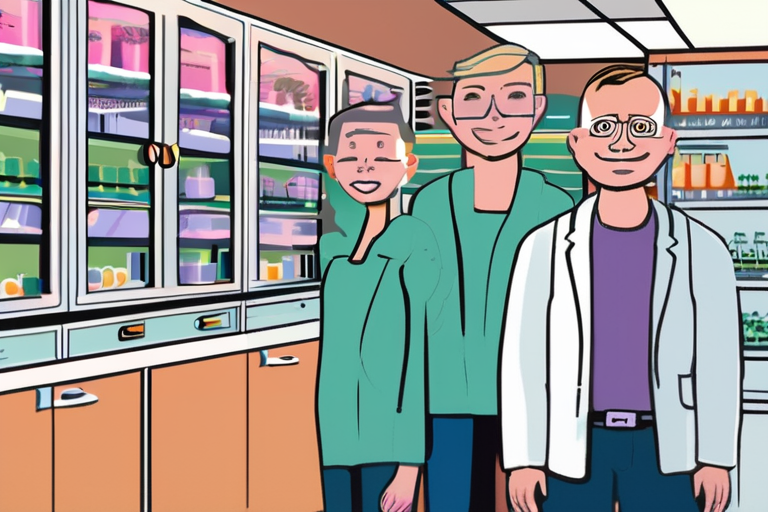






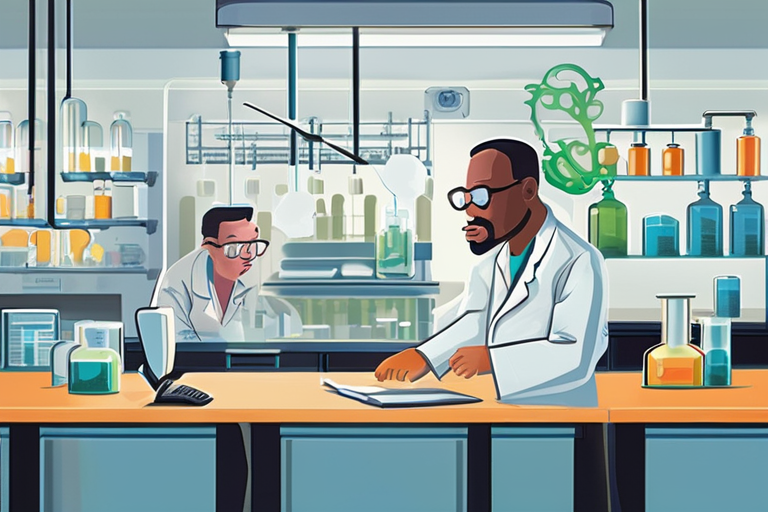
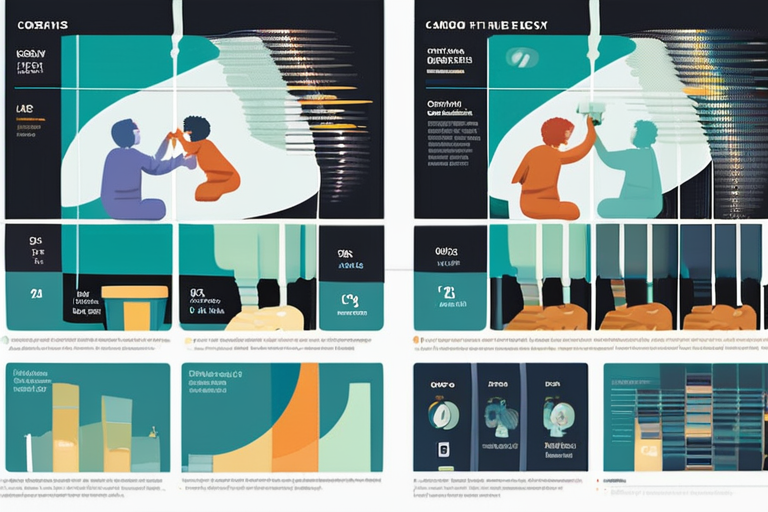
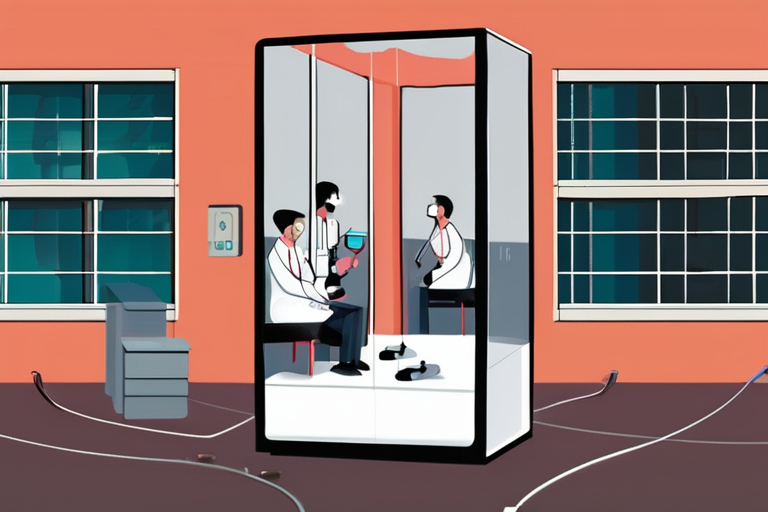




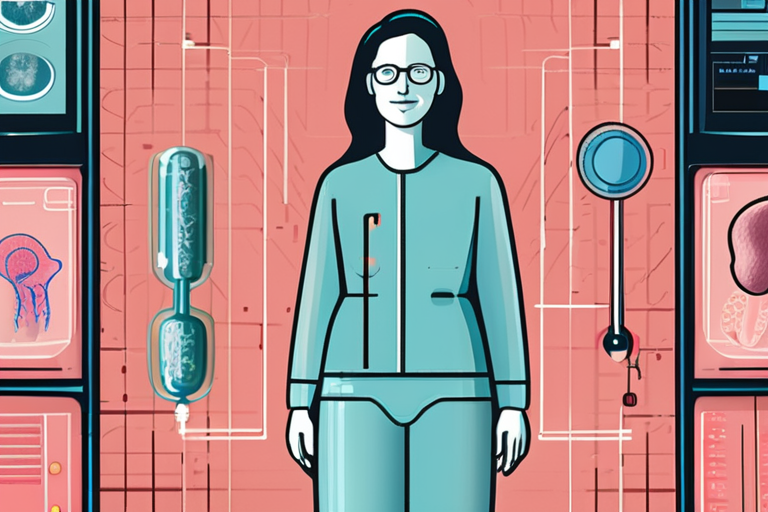

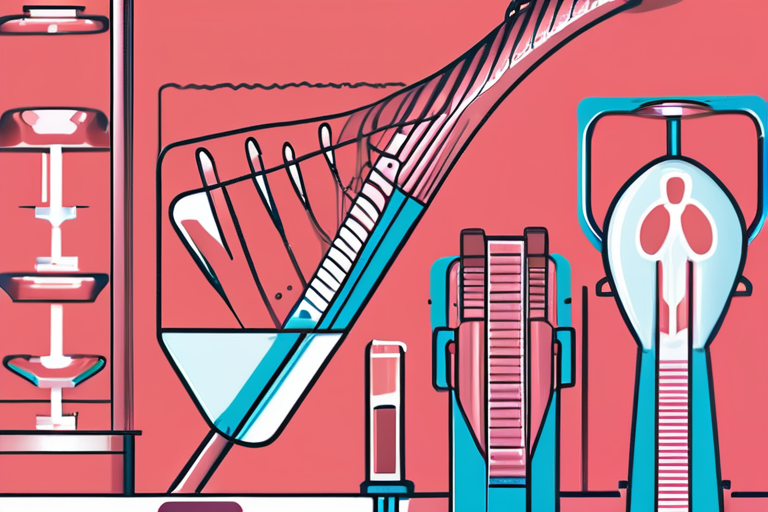



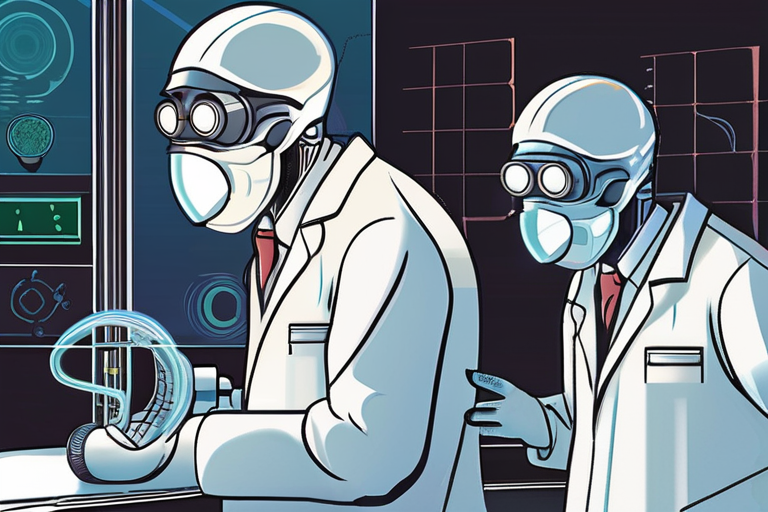
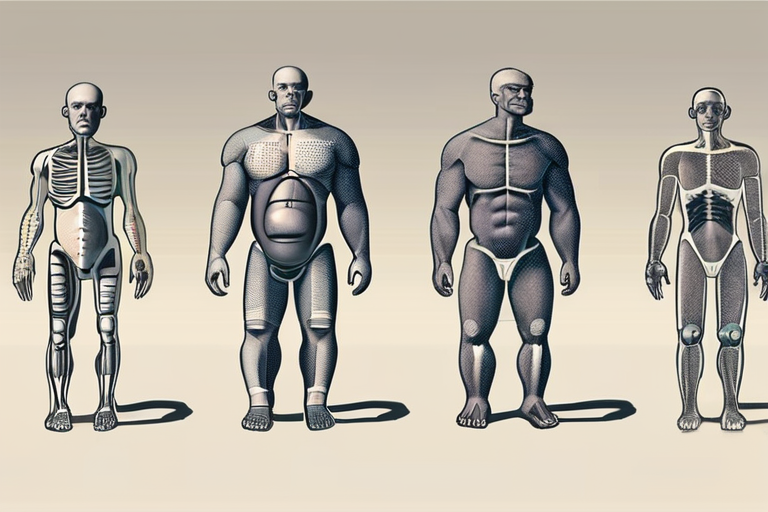

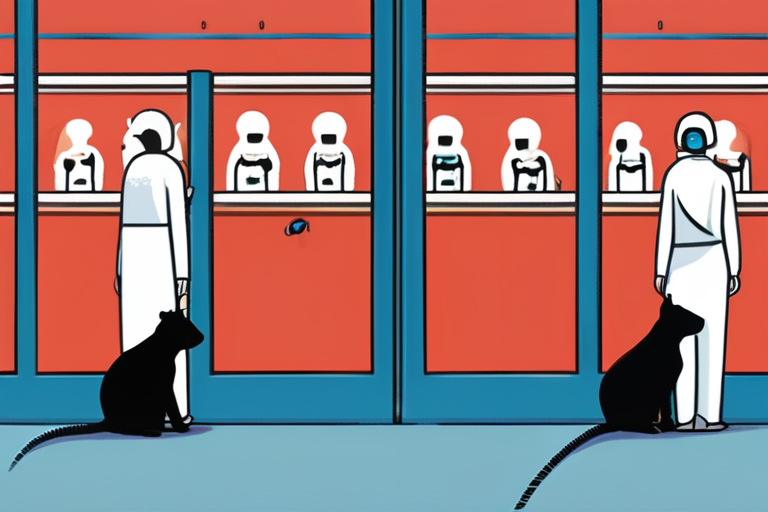


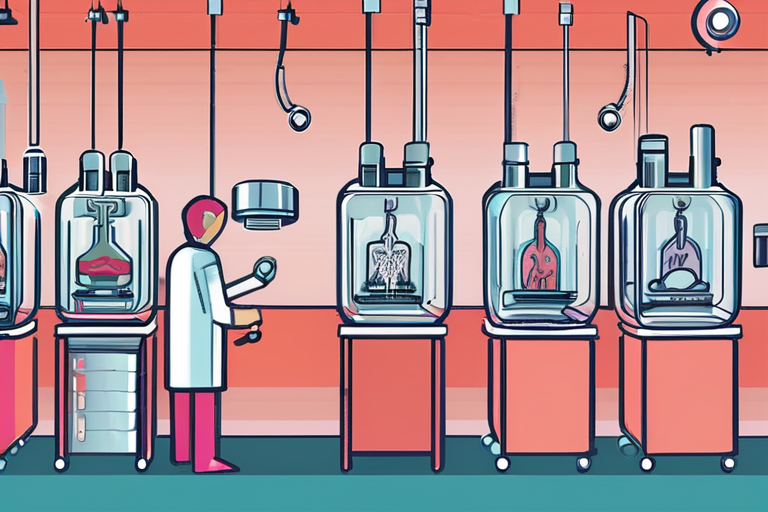
Share & Engage Share
Share this article